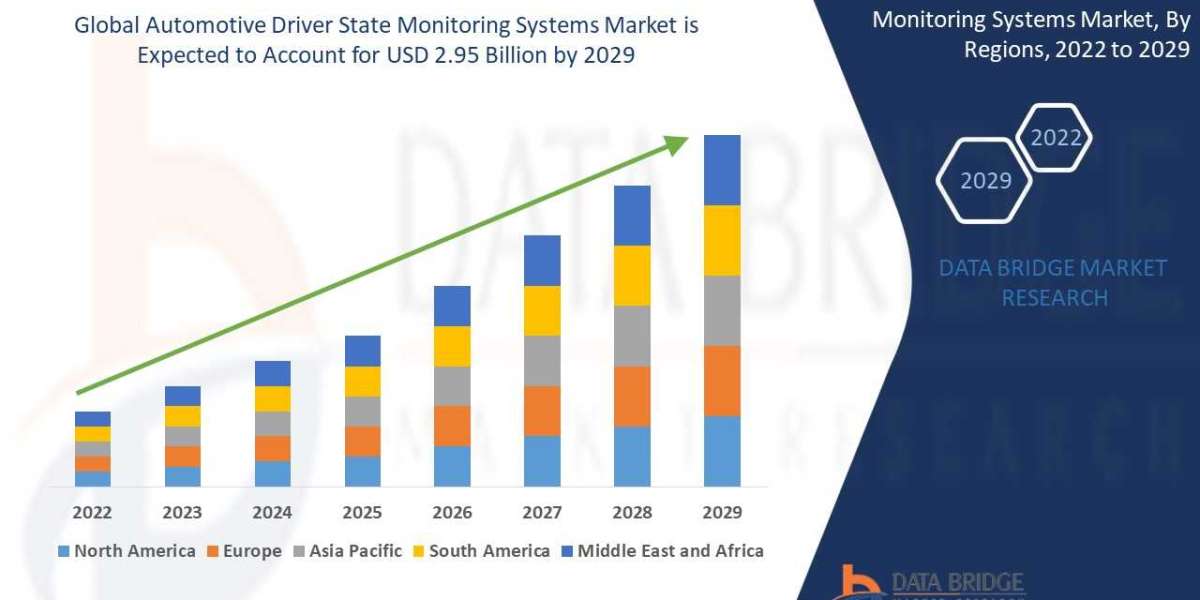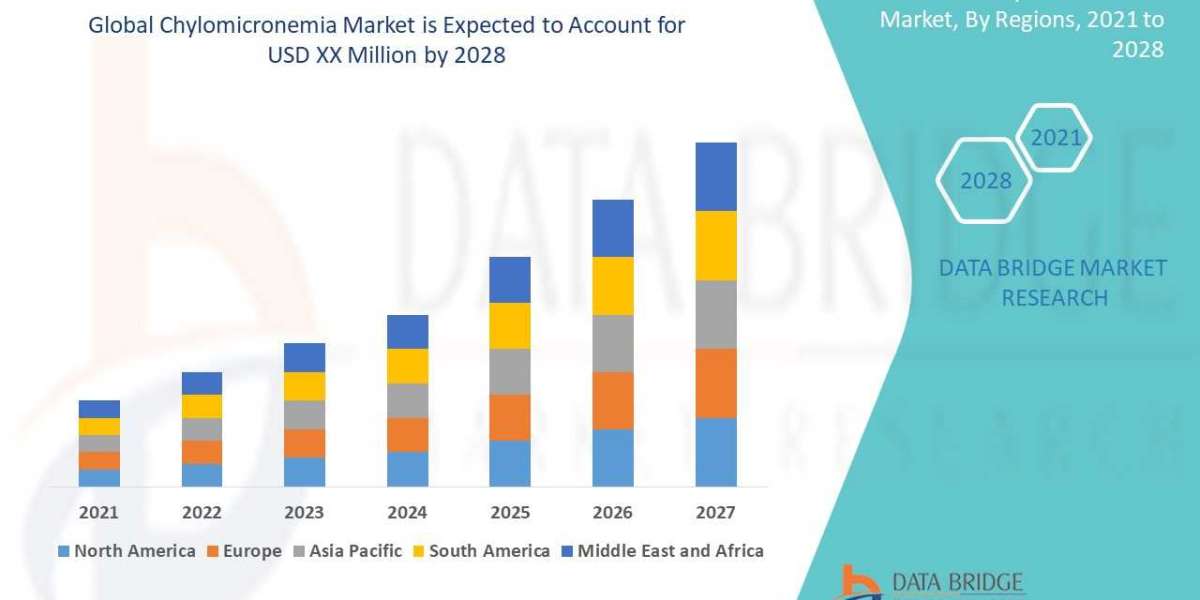In today’s digital landscape, it’s easy to be dazzled by numbers—likes, followers, page views, impressions. These vanity metrics dominate dashboards and slide decks because they’re easy to track, impressive to present, and often used as surface-level indicators of success. But here’s the uncomfortable truth: vanity metrics rarely reflect meaningful impact. If your public relations (PR) and digital marketing efforts are driven solely by numbers that look good rather than those that drive strategic growth, you may be investing in perception over performance.
To drive real business results, it’s time to go beyond vanity metrics and start measuring what your business outcomes are. Common examples include:
Likes and reactions
Follower counts
Impressions and reach
Website traffic without context
Video views without engagement
These metrics aren’t inherently useless—but taken alone, they offer an incomplete, and often misleading, view of your brand’s performance. A post might get 100,000 views, but if none of those viewers become leads, advocates, or customers, what have you achieved?
If you’re searching for a reliable PR company in Delhi, we have the expertise you need. Reach out to us at Twenty7 Inc!
Why We Fall for Vanity Metrics
The appeal of vanity metrics lies in their simplicity and visual satisfaction. A sharp rise in follower count or a viral post feels like success. In fast-moving industries and agency environments, these numbers offer easy wins in client reports and stakeholder updates.
However, relying too heavily on them leads to a warped strategy—one that prioritizes quantity over quality and optics over outcomes.
Metrics That Matter
To gauge the effectiveness of your PR and digital strategies, you need metrics tied directly to business goals—awareness, trust, conversion, loyalty, and advocacy.
Share of Voice (SOV)
SOV is a powerful benchmark that compares your brand’s visibility in the media or online against your competitors. It’s a reliable indicator of how often you’re part of relevant conversations—and if your PR is helping your brand become a leader in its category.
Sentiment Analysis
It’s not just about how much people are talking about you—it’s about what they’re saying. Positive sentiment reflects brand trust, negative sentiment reveals reputational risk, and neutral sentiment may indicate a lack of differentiation.
Earned Media Quality
Getting covered in the media is great, but not all coverage is equal. Key measures of quality include:
Publication authority and relevance
Context (feature story vs. passing mention)
Key message inclusion
Linkbacks to your site or campaign assets
Engagement Quality
Rather than counting likes or shares, focus on the depth of engagement:
Are people commenting thoughtfully?
Are influencers or journalists interacting?
Are key stakeholders or industry voices taking notice?
This type of engagement is harder to earn but far more valuable.
Referral Traffic and Time on Site
If your PR placements or social content are directing users to your website, what are they doing when they get there? Time spent, bounce rate, and number of pages visited give insight into whether your content is connecting—and how effectively your message is converting attention into action.
6. Conversion Metrics
Ultimately, does your communication drive action?
Lead generation (downloads, inquiries, email signups)
Sales conversions
Event registrations
Demo requests
These metrics tie your PR and digital activities to real business growth.
7. Brand Recall and Favorability (Surveys/Studies)
Sometimes, numbers won’t tell the full story. Measuring shifts in brand perception requires qualitative data—brand lift studies, customer interviews, or audience surveys that show whether your narrative is resonating.
Aligning Metrics with Business Goals
The most impactful PR and marketing teams start by asking:
“What does success look like for the business?”
If the goal is to:
Raise awareness → Focus on SOV, reach, and media quality.
Improve perception → Track sentiment, message pull-through, and brand favorability.
Drive leads → Monitor referral traffic, time on site, and conversion rates.
Enhance customer loyalty → Look at return visits, content re-engagement, and Net Promoter Score (NPS).
You need to map communications metrics to the sales funnel, customer journey, and broader business objectives. Metrics must not live in isolation.
Are you seeking a trusted PR company in Bangalore to manage your communications? Reach out to Twenty7 Inc. today!
Tools That Help Measure What Matters
Fortunately, technology has made meaningful measurement more accessible than ever. Tools like:
Google Analytics (GA4) – For tracking behavioral metrics and referral performance
Meltwater, Cision, or Muck Rack – For media monitoring, SOV, and sentiment
Brandwatch, Sprout Social, Hootsuite – For social engagement analysis and listening
HubSpot, Marketo, or Salesforce – To connect communications efforts to lead generation and sales
The key is integration—creating a measurement framework that captures the full customer and brand journey, from awareness to advocacy.
Case Example: The PR Campaign That Delivered More Than Clicks
Imagine a startup in the fintech space launching a new app. They run a PR campaign that earns coverage in top-tier media, drives traffic to their landing page, and generates buzz on social media.
Vanity metrics might include:
5M impressions
200K likes across platforms
50K visitors to the site
What matters:
3,000 app downloads (conversion)
1,200 new users within the first week
18 media placements with key brand messages
300 new B2B leads from a whitepaper promoted in the press
40% rise in positive sentiment in online forums
The difference? Measurable outcomes that fuel growth.
Shifting the Conversation: Educating Stakeholders
For many agencies and in-house teams, one of the hardest challenges is educating clients or leadership about what metrics to prioritize. This shift takes time but is crucial for long-term success.
Tips to help:
Include both vanity and impact metrics—but explain the distinction.
Visualize the funnel: show how awareness metrics contribute to conversions.
Share qualitative impact (audience quotes, influencer mentions, brand sentiment).
Report consistently, not just when a post goes viral.
If you're searching for a reputable PR company in Hyderabad, we’re here to assist! Reach out to us at Twenty7 Inc.
Final Thoughts: It’s About Influence, Not Impressions
Vanity metrics might win applause in the boardroom, but they rarely move the business needle. To truly understand and optimize your PR and digital efforts, you need to measure what matters—depth over breadth, meaning over motion.
In a time when everyone is chasing visibility, real influence comes from building trust, driving engagement, and delivering value. The brands that understand this—and build their strategy and metrics around it—aren’t just chasing success; they’re defining it.
Follow these links as well
https://twenty7inc.in/press-release-distribution/
https://twenty7inc.in/best-pr-agency-in-gurgaon/
https://twenty7inc.in/pr-agency-in-noida/
https://twenty7inc.in/pr-agency-in-chennai
https://twenty7inc.in/pr-agency-in-kolkata



